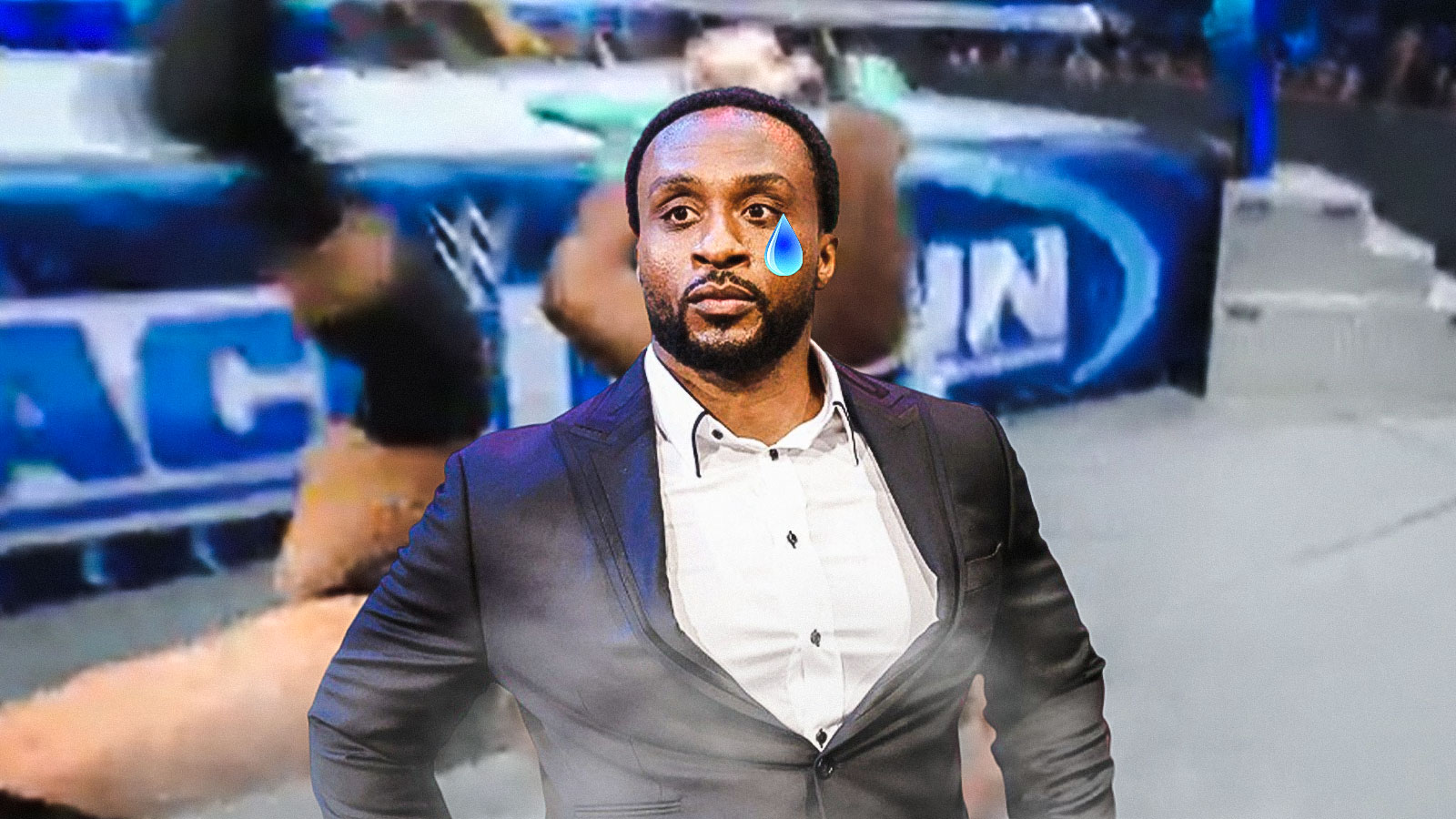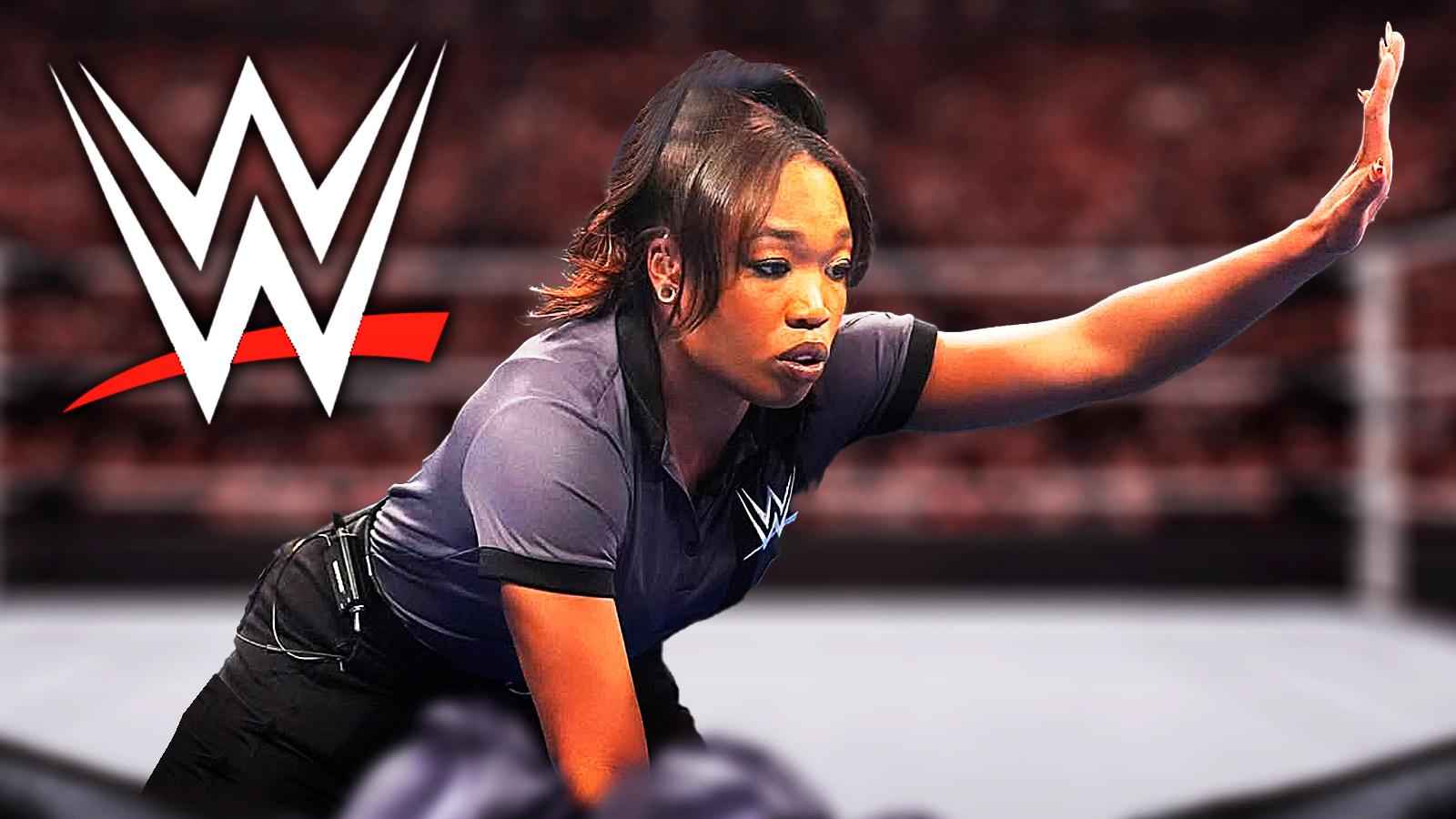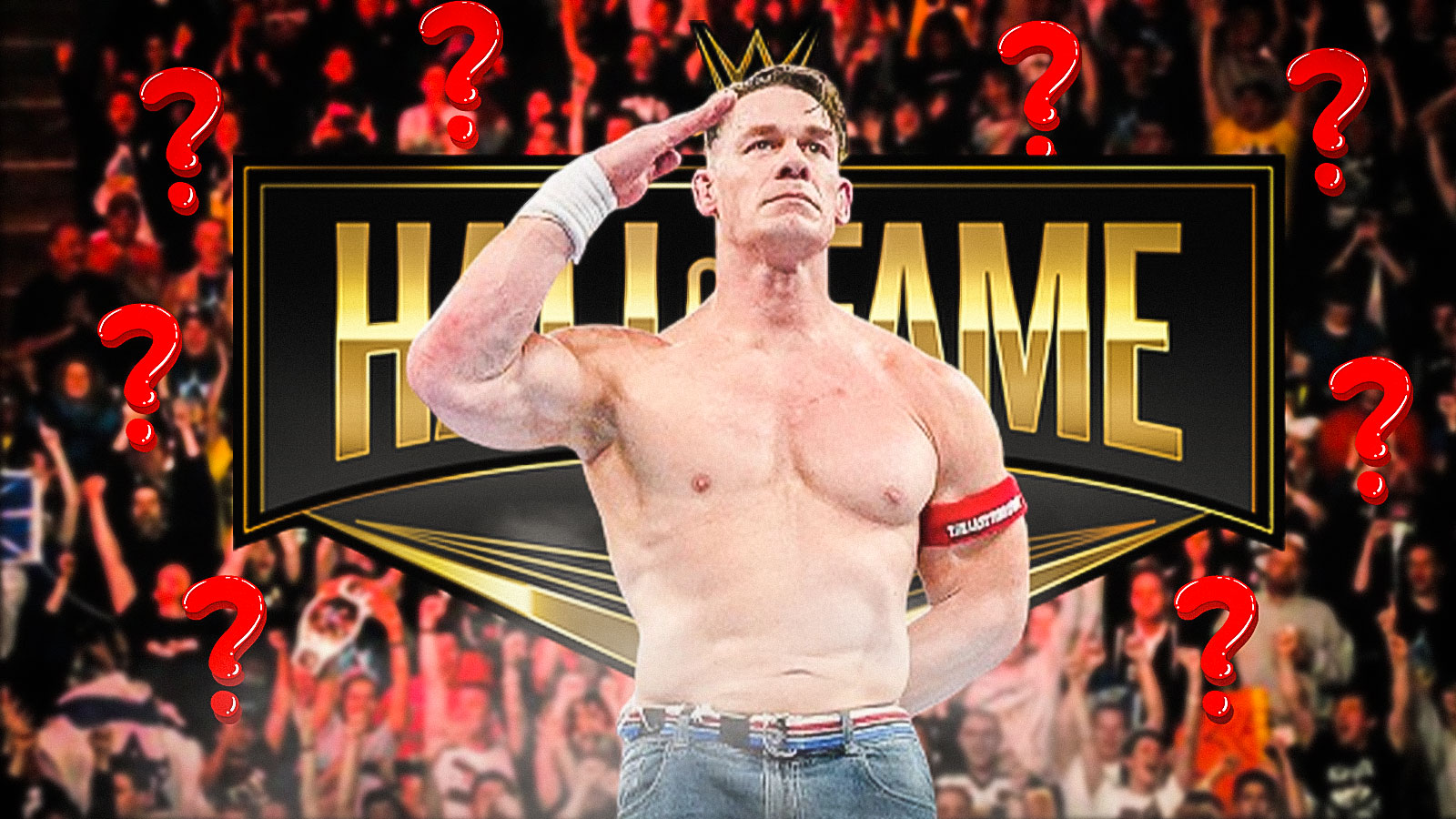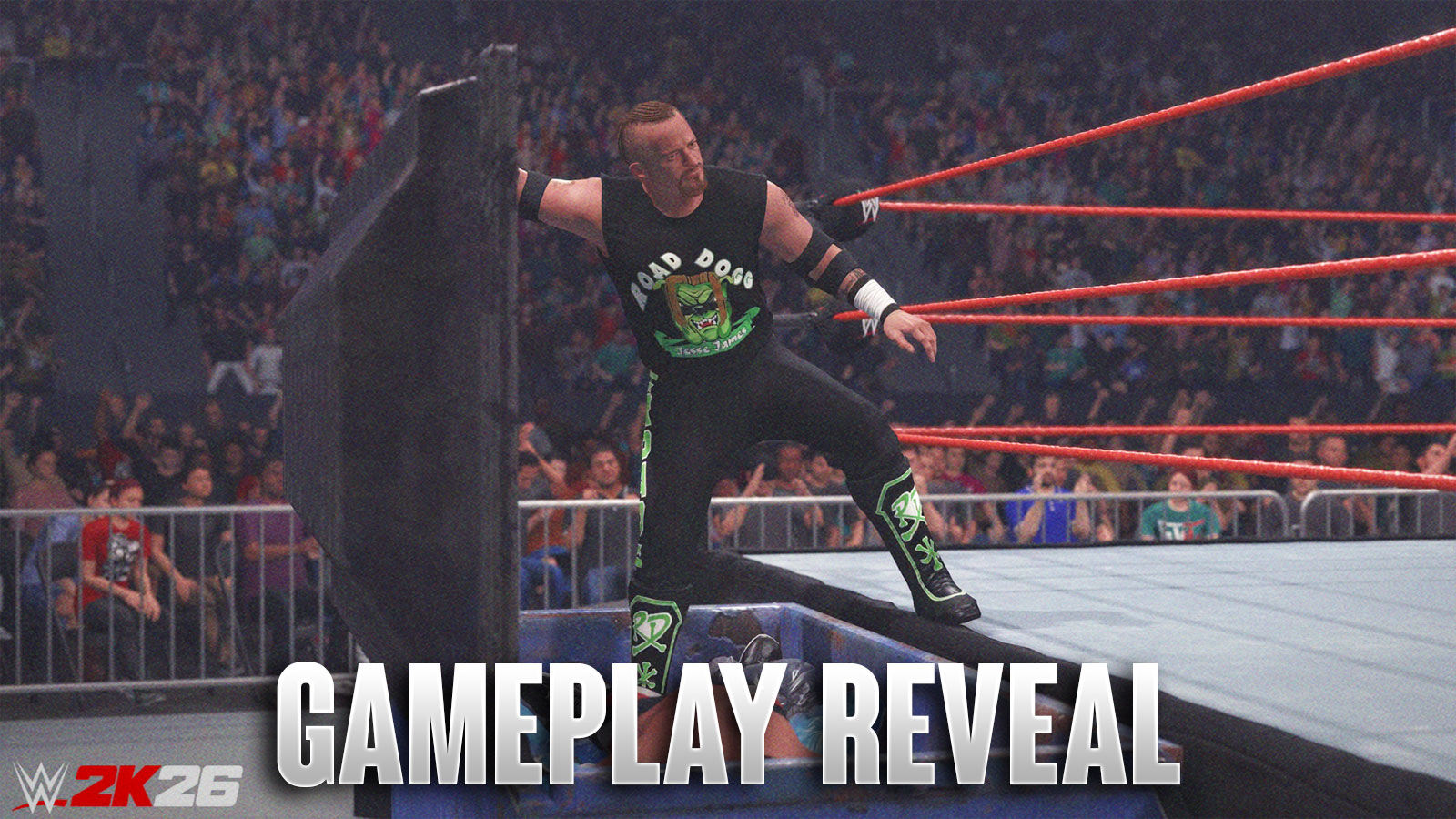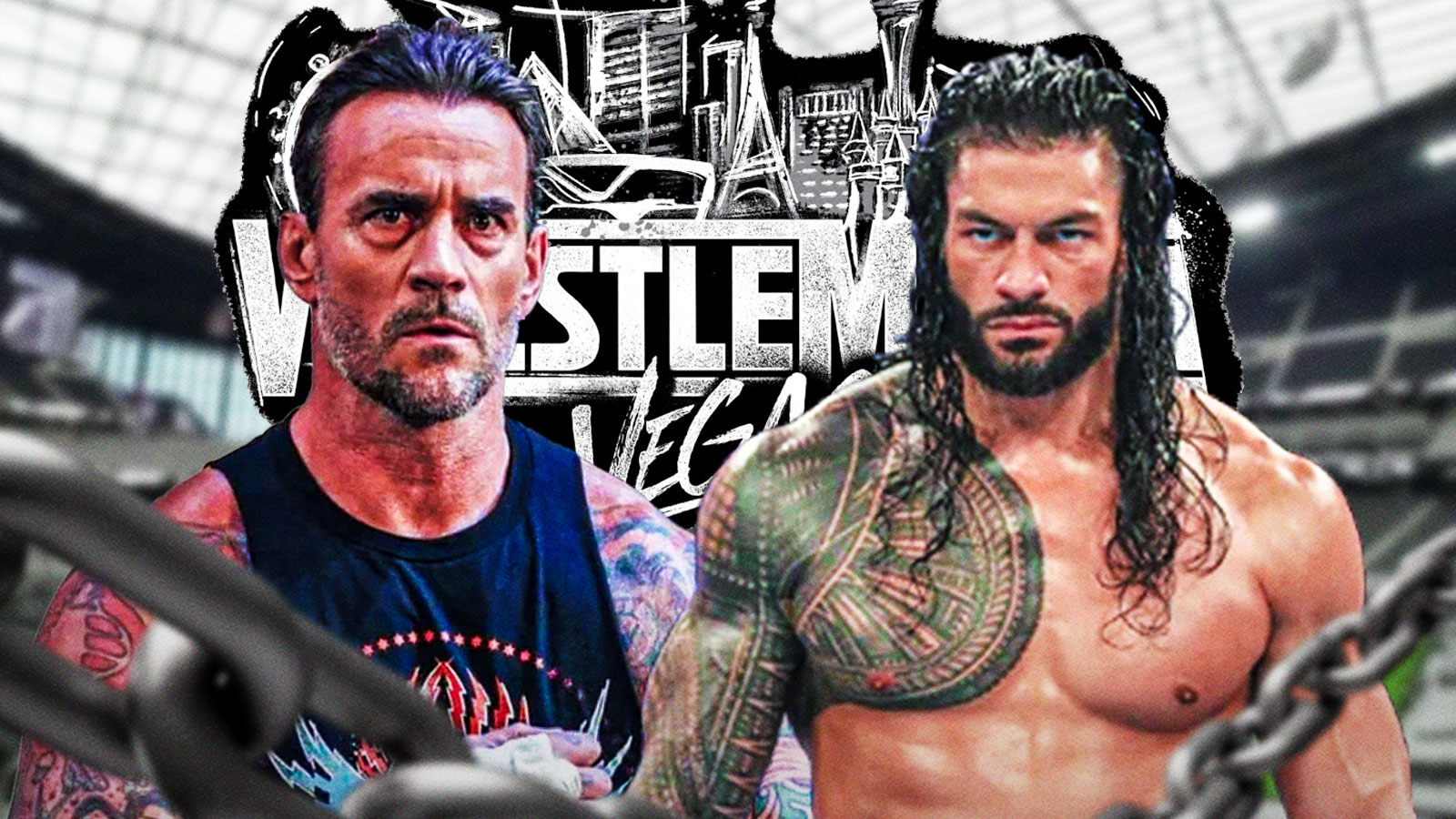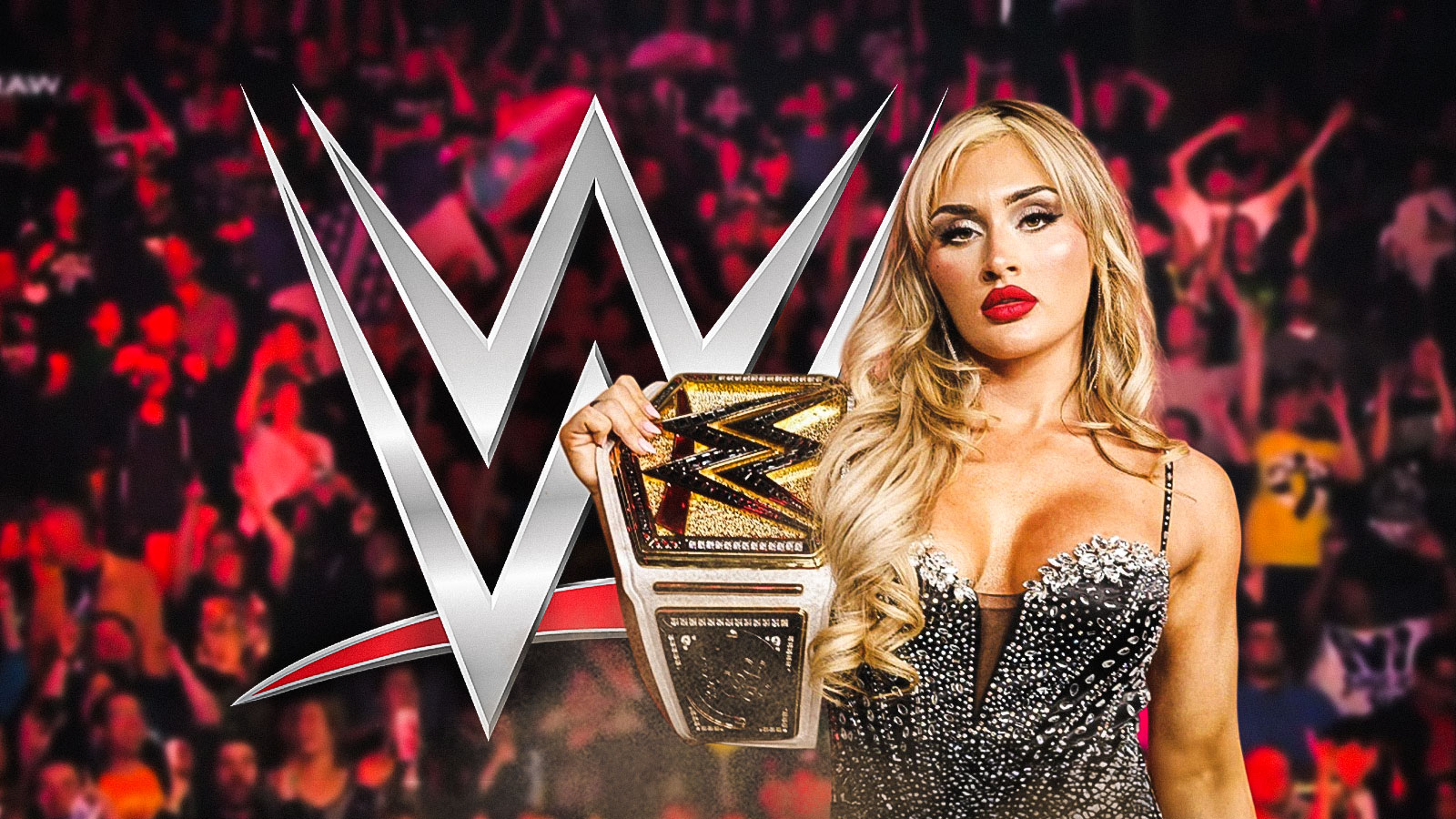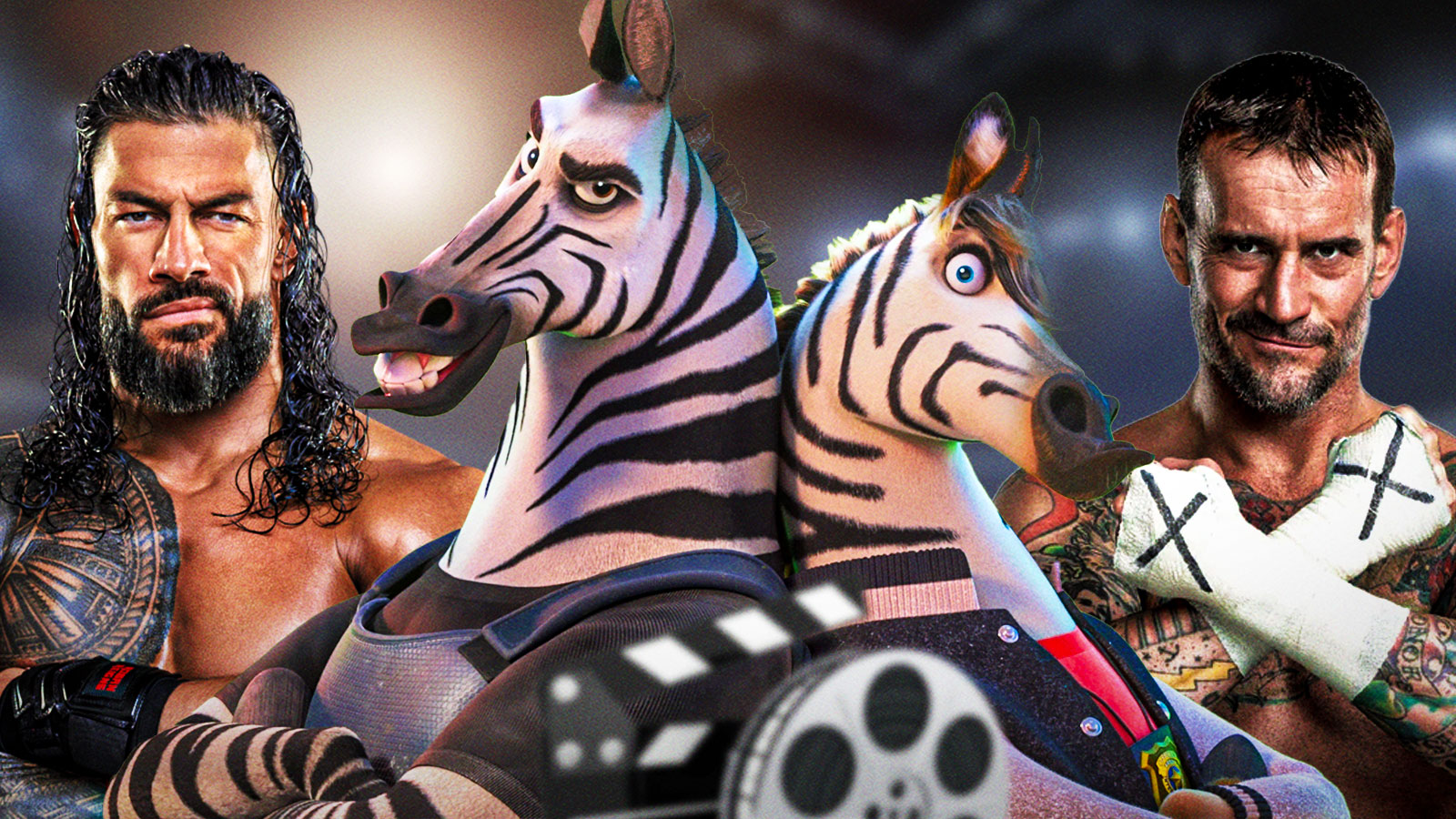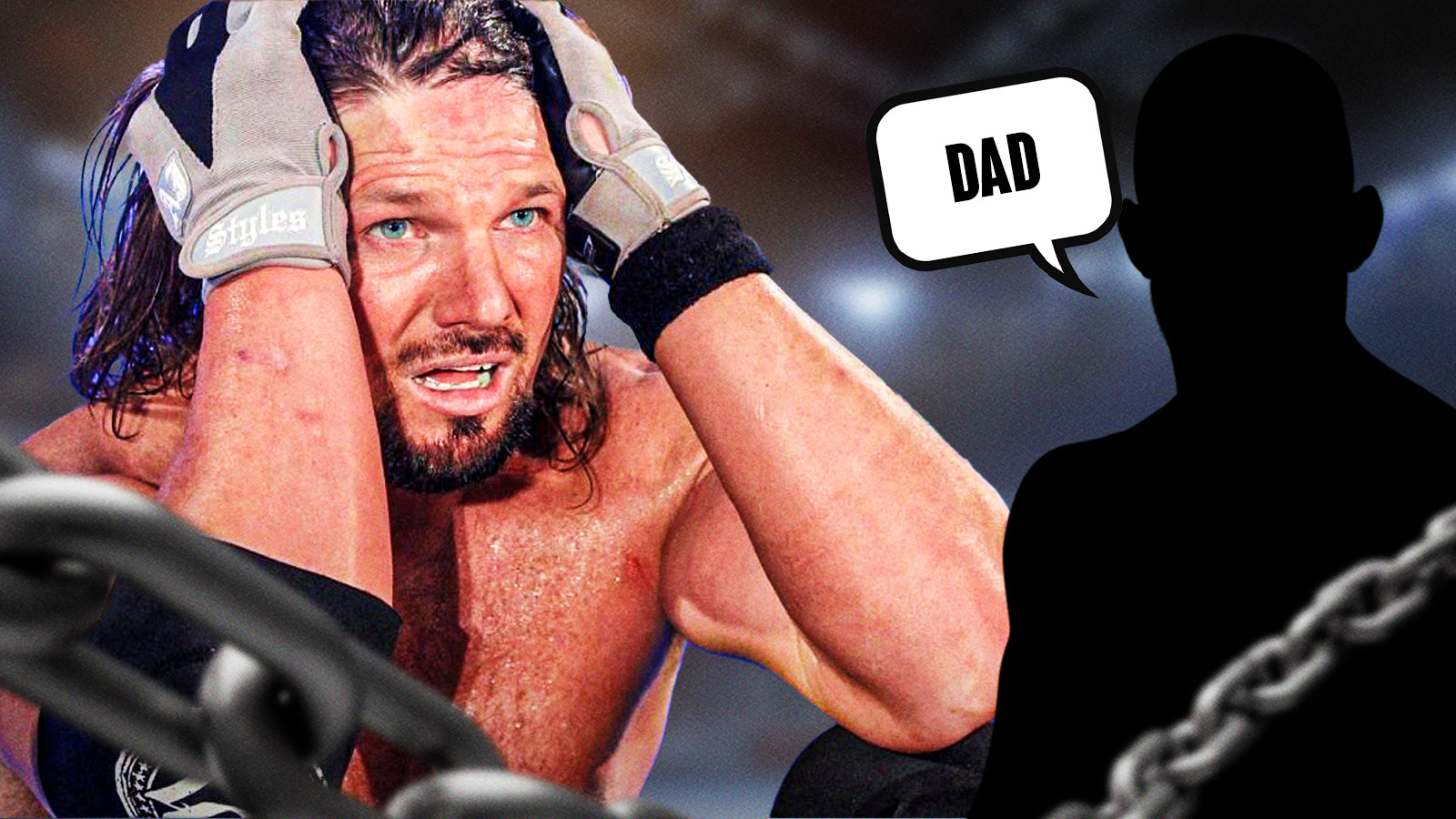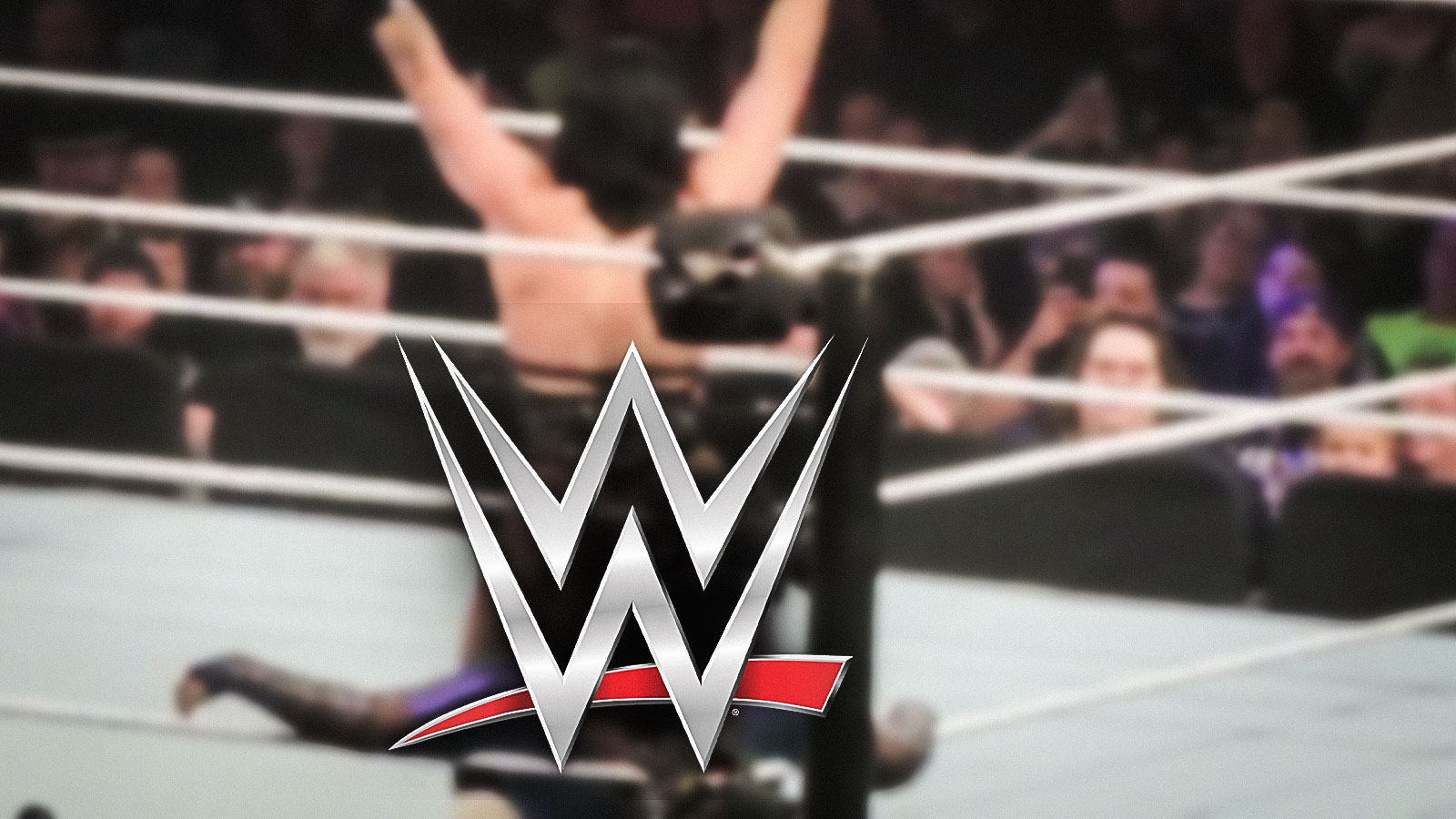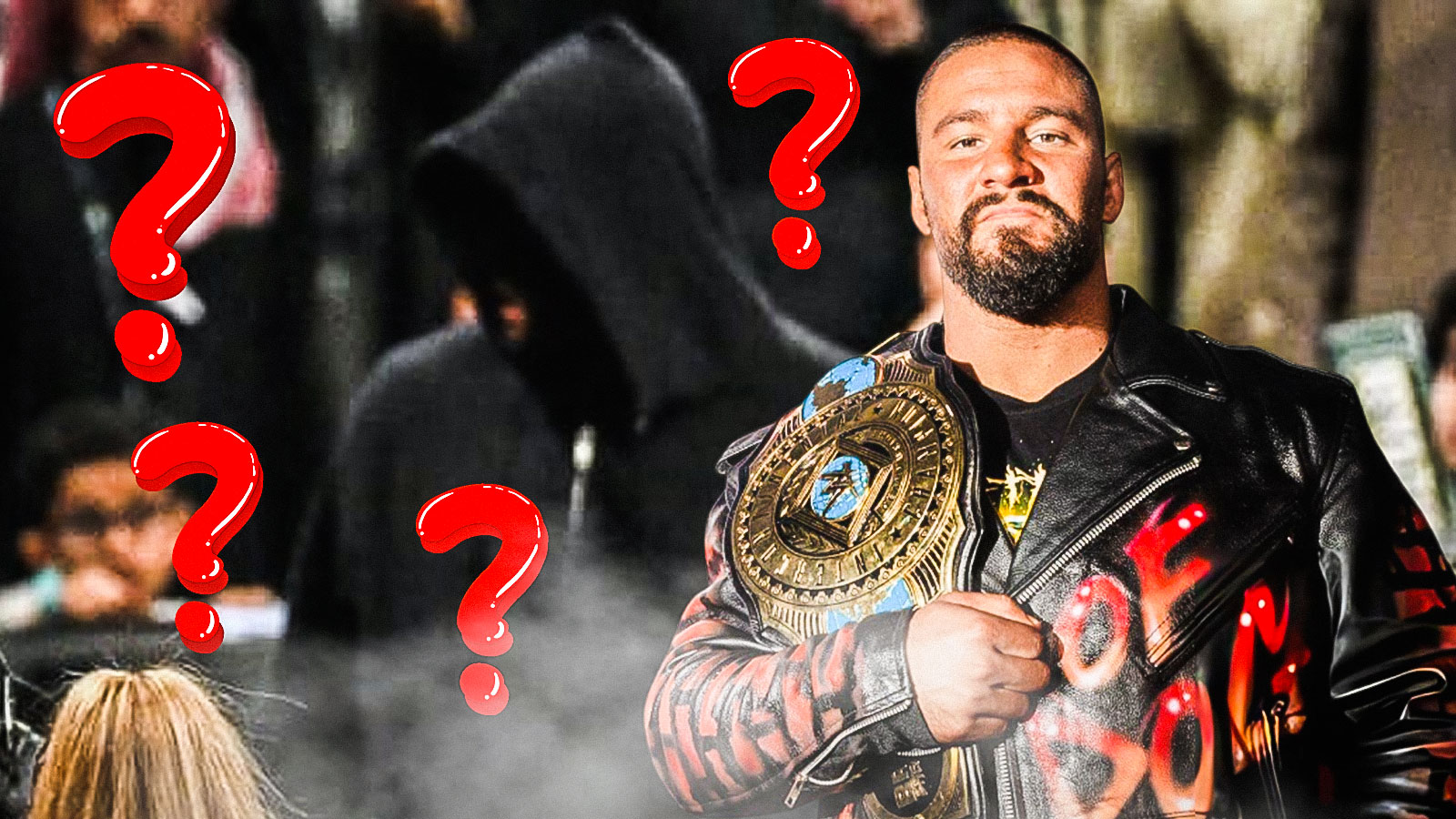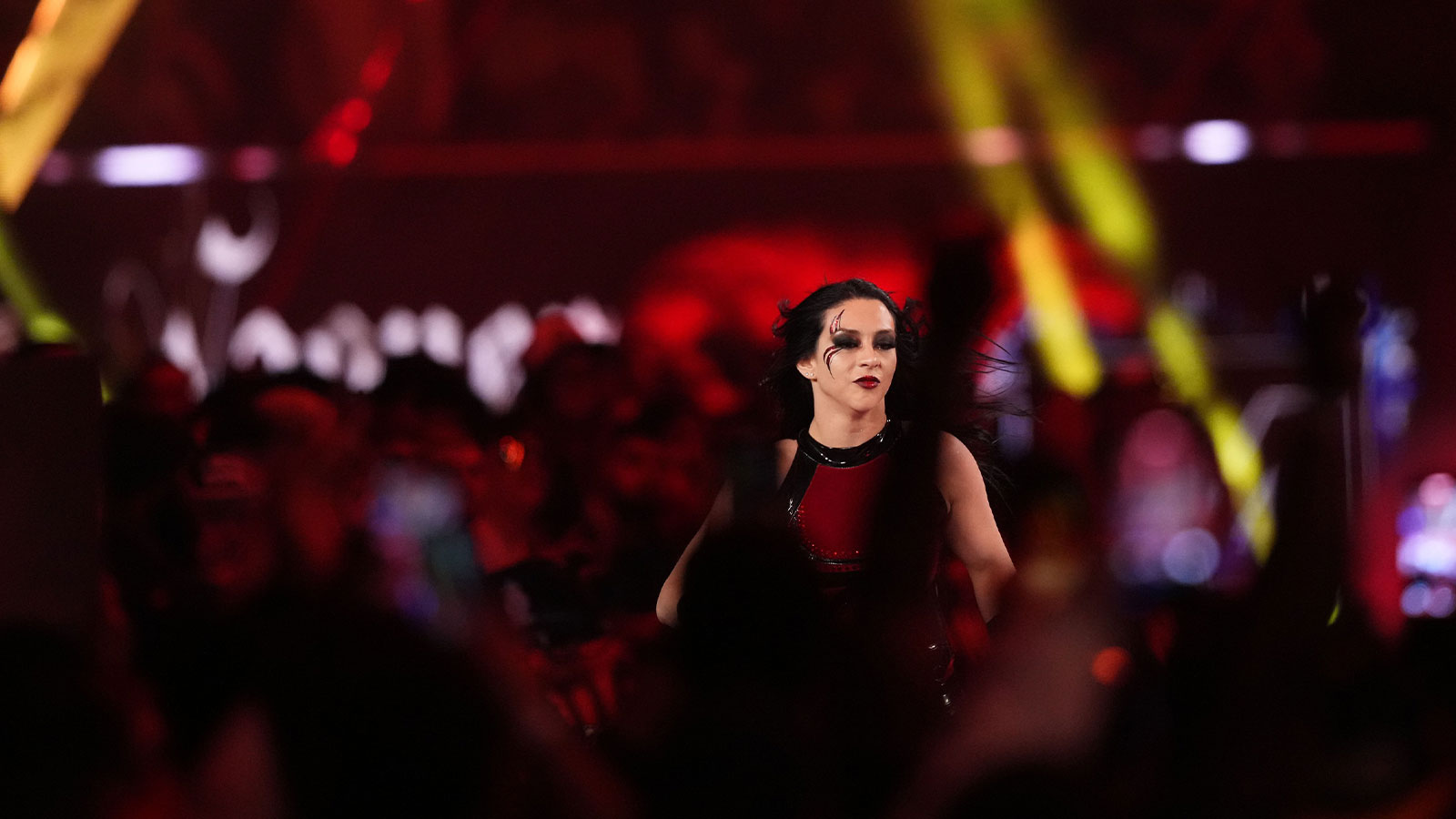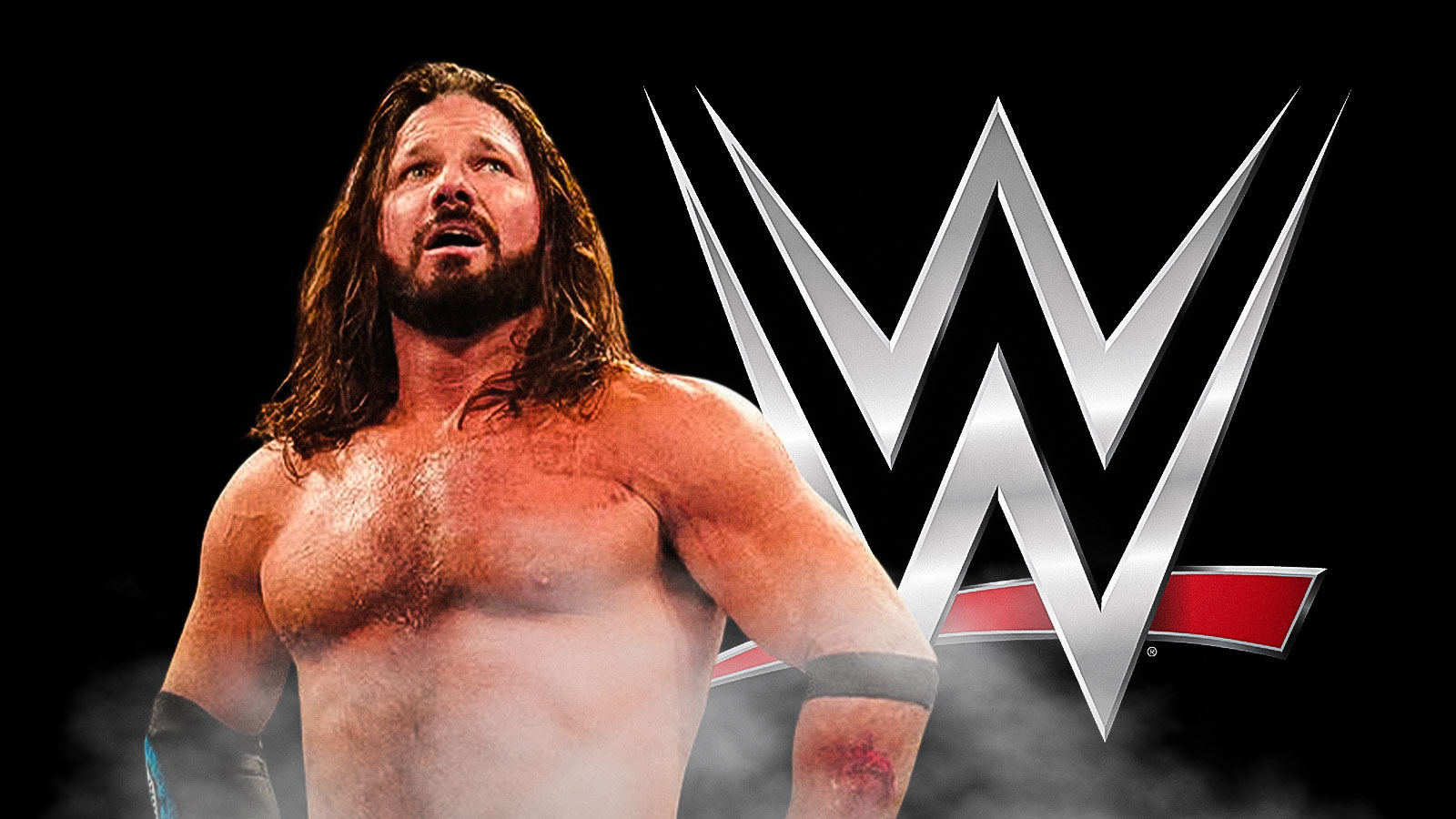When news broke that “Switchblade” Jay White's contract with New Japan Pro Wrestling was coming up, it left many wondering which promotion would garner his services next: WWE or AEW.
When news broke that WWE had “serious” interest in the former Bullet Club leader and that Paul “Triple H” Levesque and company had an interest in acquiring his services, first before the Royal Rumble, and then before Elimination Chamber, and then heading into Mania weekend, it left many to wonder if WWE had secured it's second huge defection in under one calendar year, with White, at least in the eyes of many a similar-level talent to “The American Nightmare,” Cody Rhodes, who competed with Roman Reigns in the main event of Day 2 of WrestleMania 39.
And then, when Pro Wrestling Insider reported that there, “was absolutely no discussion of former NJPW star Jay White within WWE at all over WrestleMania 39 weekend,” on the very day after Vince McMahon commandeered RAW and sent the WWE Universe into disarray, it effectively ended all of that speculation right then and there. Whether due to genuine disinterest, a change of heart due to Mr. McMahon's increased involvement in creative, or an overload of other interactions built the impending merger with UFC under the Endeavor banner, but it would appear White won't be headed to WWE, at least not any time soon and frankly, that's probably for the best, as, based on the RAW after WrestleMania 39, it's hard to see the company getting the best out of “King Switch.”
Jay White dodged a bullet by avoiding WWE.
Excluding current leader David Finlay, there have been four distinct eras of The Bullet Club with four unique leaders shepherding the faction into the future, The Prince Devitt era, the AJ Styles era, the Kenny Omega era, and the “King Switch” era, with White icing out “The Best Bout Machine” before he left for AEW. Over his four-plus year tenure atop New Japan's top promotion, White defeated Kazuchita Okada to signify his transition from Chaos to Bullet Club, oversaw some of the biggest shows in NJPW history, including multiple headlining matches at WrestleKingdom, and even singlehandedly sold out Madison Square Garden at the G1 SuperCard show, at least according to himself.
Over his run in the Bullet Club, White held four different NJPW titles, the IWGP Heavyweight Championship, which he held for 54 days, the IWGP Intercontinental Championship, which he held for 104 days, the NEVER Openweight Championship, which he held for 194 days, and finally the biggest prize of them all, the IWGP World Heavyweight Championship, which he held from June of 2022 to January of 2023, when he lost to his former friend and mentor, Okada.
Along with having incredible success in NJPW personally over his run as the leader of BC, White also expanded The Club's reach out into other promotions, with Chris Bay and Ace Austin joining the crew as members of Impact Wrestling, and Juice Robinson becoming a member of the AEW roster despite still flying the Bone Soldier banner whenever he's on the screen. Goodness, White even took credit for The Good Brothers, “Machine Gun” Karl Anderson and Doc/Luke Gallows jumping ship to WWE in order to re-join Styles as The OC, which he had absolutely nothing to do with but helped to keep his “The Catalyst” persona alive.
So, with such a deep, compelling, and rich tapestry of interconnective webs making up his professional wrestling oeuvre, with threads spread out to every major wrestling company across the word, why throw that away to become “WWE Superstar Jay White?” Sure, the return of Rhodes proved that WWE, at least at the time, was willing to bring in external superstars without changing everything about them on the way in – Prince Devitt becoming Finn Balor, etc. – but in White's case, his mythology is his character. A New Zealander with a knife nickname who wears black and wrestlers very well? It sure sounds like that character could exist in darn near any promotion in the world, and WWE could even come up with something similar if they wanted to ape the idea. What makes White special is his history, his connections, and his gravitas; even if WWE allowed Kevin Owens to include a PWG logo on his Mania shorts, and Michael Cole is willing to mention names of any promotion on the planet that doesn't have a TV deal doesn't mean that White would be allowed to come in and mention the Bullet Club, New Japan, Omega, Okada, the G1, etc., etc., etc.
On paper, Jay White is the sort of talent who could fit into any wrestling promotion in the world from a talent perspective. But what makes White special is his journey, more so than the “Bladerunner” or his unique in-ring presentation, and that journey, unfortunately, would be a footnote in WWE instead of the focal point of his character.









